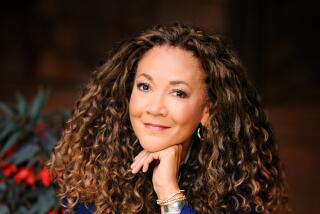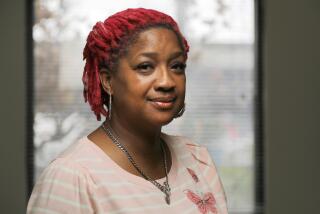U.S. Panel on Race Opens With Disagreement on Effort’s Focus
- Share via
WASHINGTON — President Clinton gave them the job of finding the path to his vision of “one America.” But as they got down to business Monday, the members of his new advisory board on race relations ran into the sort of thorn-bush issue that has made that route so hard to spot.
Opening their first formal meeting, the seven board members outlined in grand terms their hopes of redefining a society that often still judges people by the color of their skin. Yet in short order they found themselves disagreeing over how much to focus on relations between black and white in an age when Asian and Latino Americans have redrawn the country’s demographic map.
Angela E. Oh, an Asian American attorney from Los Angeles, triggered the discussion when she urged her colleagues to move beyond the “black-white paradigm.” While well aware of the history of slavery, she said, “we can’t undo this part of our heritage. . . . Where we can affect is where we’re going from here.”
That drew a response from the two African American members, who said no one should forget that racism in America was born out of slavery and bias against blacks. “There is a black-white dialogue that cannot be overlooked,” said the Rev. Susan Johnson Cook, a pastor from New York.
“This country cut its eye teeth on racism with black-white relations,” added board Chairman John Hope Franklin. A historian, Franklin recalled how differently black and white indentured servants were treated in America as far back as 1640. “They learned to do this to other people at other times because they’d already become experts,” he said, referring to later discrimination against Jews, Asians and Latinos. “This is the way we started this.”
Most of the daylong meeting consisted of loosely structured discussion with few concrete decisions. The board did agree to focus on education and economic opportunity as its first topics.
More to Read
Get the L.A. Times Politics newsletter
Deeply reported insights into legislation, politics and policy from Sacramento, Washington and beyond. In your inbox twice per week.
You may occasionally receive promotional content from the Los Angeles Times.










